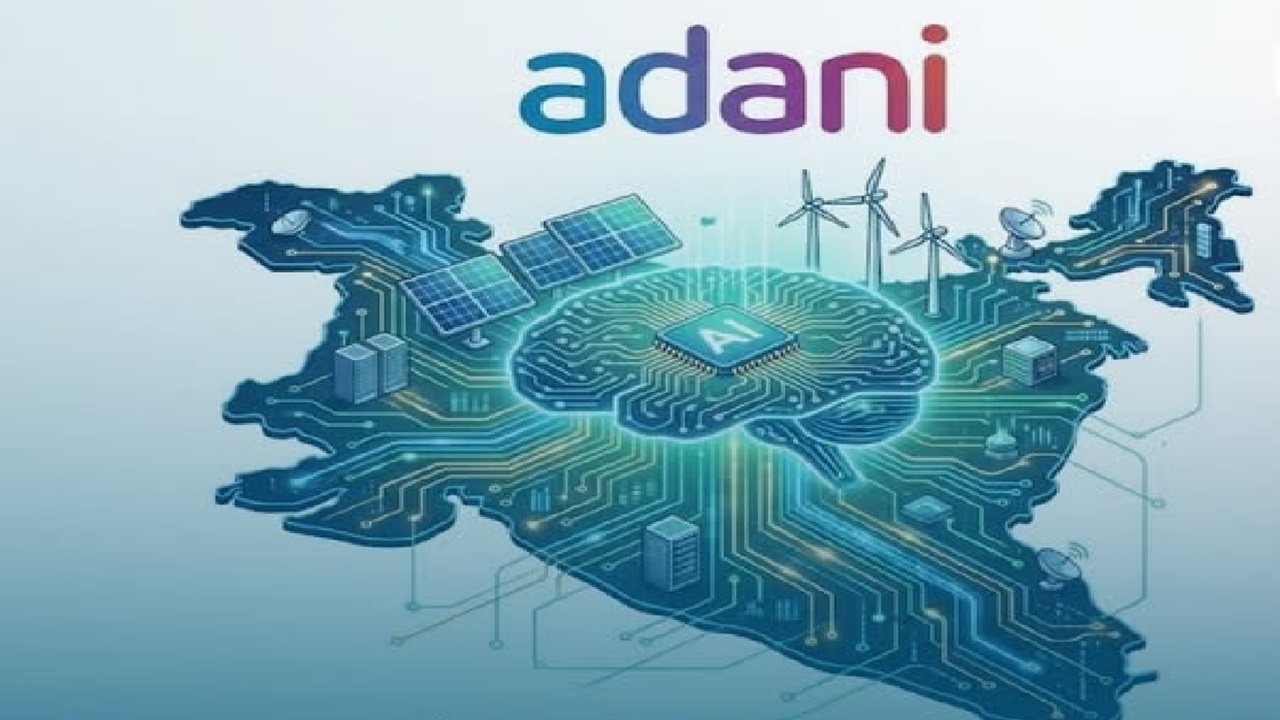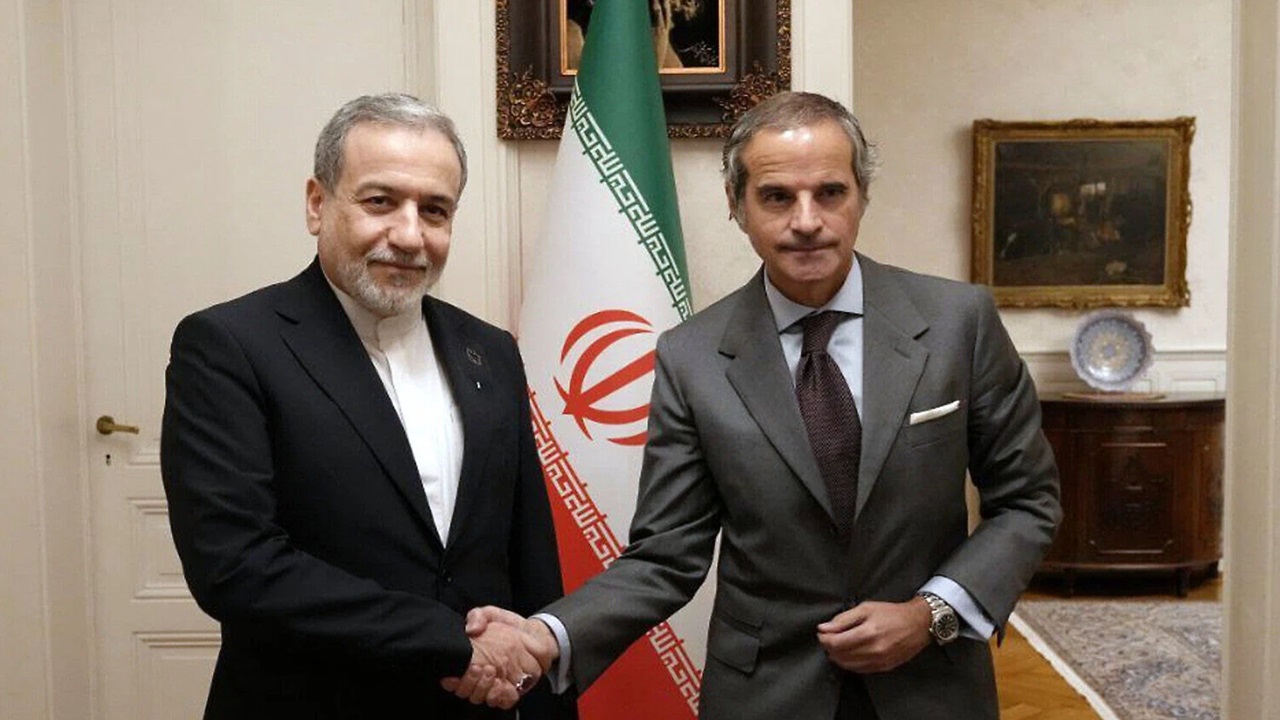UNGA President Highlights India’s Digital Milestone
In a notable address at a Food and Agriculture Organisation (FAO) event, United Nations General Assembly (UNGA) President Dennis Francis extolled India’s digital transformation. Francis revealed that 800 million (80 crores) Indians have been lifted out of poverty in the past five to six years, attributing this significant change primarily to the widespread adoption of smartphones.
Impact of Digitalisation on Poverty Alleviation
Francis emphasized how digitalisation has revolutionized financial access, particularly in rural India. The high penetration of the internet and the rapid expansion of digital services have enabled millions of previously unbanked individuals to engage in financial transactions via their smartphones. “Digitalisation provides the basis for rapid development,” Francis asserted. He highlighted those rural farmers and other resident, who once had no interaction with the banking system, are now able to manage their financial affairs efficiently through their smartphones. They can pay bills, receive payments, and handle transactions without the need for physical bank visits.
This technological advancement has drastically improved the quality of life and economic opportunities for many, underscoring the power of digital tools in driving socioeconomic development.
A Global Call for Digital Inclusivity
While praising India’s achievements, Francis also pointed out the disparity in digital access across the Global South. He stressed the need for other countries to embrace digitalisation to address similar challenges. “There has to be some effort and initiatives to address this inequality as an initial step in negotiating the global framework for digitalisation,” he said. Francis’s comments underscore the importance of creating equitable opportunities for digital access and ensuring that technological advancements benefit all regions.
India’s Government Initiatives and Digital Push
The Indian government has played a pivotal role in this digital revolution. Following the 2016 demonetisation of high-value banknotes, there was a notable surge in digital transactions. The Unified Payments Interface (UPI) emerged as a significant player in this transformation, making digital payments more accessible and efficient.
Prime Minister Narendra Modi’s JAM (Jan Dhan, Aadhaar, and Mobile) initiative has been instrumental in this digital leap. This initiative aimed to expand financial inclusion by opening bank accounts for millions, linking them with Aadhaar numbers, and facilitating access to various government schemes. This integration has made it easier for people, especially in rural areas, to receive payments and benefits directly into their bank accounts.
To Conclude, The UNGA President’s praise for India’s digital progress highlights the transformative impact of technology on poverty alleviation. India’s success story serves as a powerful example of how digital tools can drive substantial economic and social development. Francis’s call for global digital inclusivity emphasizes the need for concerted efforts to ensure that the benefits of technological advancements are accessible to all, particularly in regions where digital access remains limited. As countries around the world grapple with development challenges, India’s digital revolution offers valuable lessons in leveraging technology for broad-based economic progress.
(With inputs from agencies)








